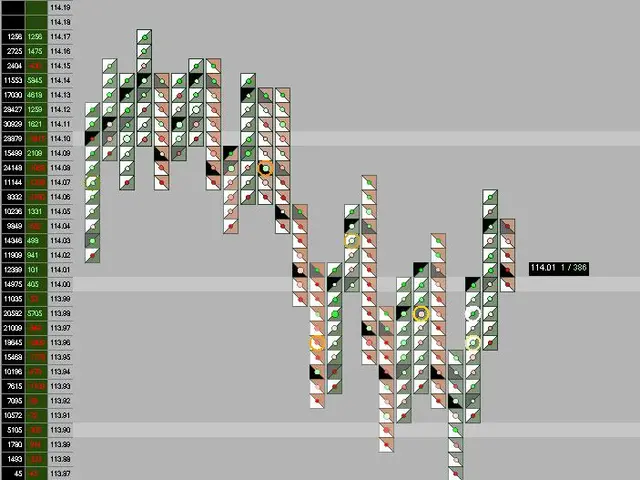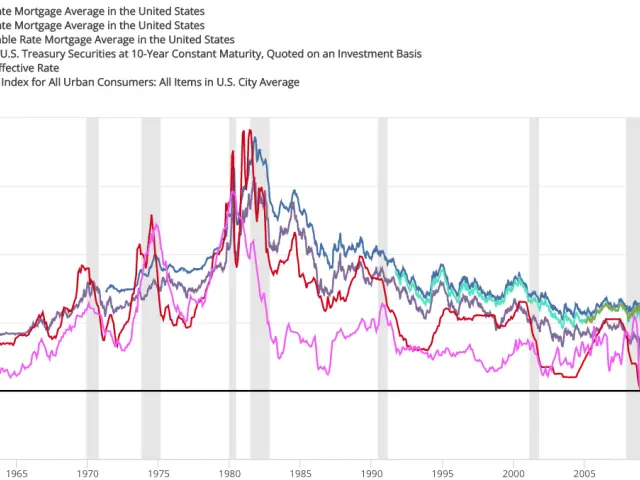Potatoes, Potatoes Everywhere! A Guide to Sustaining Belarus' Potato Market
"In response to escalating demand," Belarus plans to expand the acreage dedicated to potato cultivation.
Brace yourself, folks! The Ministry of Agriculture and Food in Belarus is pulling out all stops to ensure our spud-loving hearts are catered to, even during the chilly off-season. They've gone and brought local authorities on board, too!
In a nutshell, a lively meeting headed by Yuri Gorlov, the big cheese at the Ministry, was held with representatives from the Ministry of Antimonopoly Regulation and Trade, trading networks, and regional authorities. Guess what they did? They crunched some numbers, analyzed the current stock, and sketched out a supply plan—just for those humble tubers we all love so dearly.
As per stats from the antimonopoly people, the demand for potatoes in retail networks tends to hover around 2.1 thousand tons. No biggie, huh? Not for Belarus, as regions are prepared to dish out an extra 2.4 thousand tons to sate that craving!
So, where are these tantalizing tubers coming from? Mostly from the remaining stabilization fund stocks and excess seed potatoes of food quality. But don't worry, Belarus' farmers have been raking in the potatoes during 2024, harvesting a whopping 758.3 thousand tons with 48 thousand tons going into a cozy little emergency stockpile.
The good news doesn't stop there, peeps! Already, farmers have shipped 78.3 thousand tons of potatoes to the trading networks—that's a 53% increase compared to the planned volume! As I type this, reserve stocks stand tall at 5.9 thousand tons.
Now, given the soaring demand for potatoes, regional committees have made a brilliant decision: they're expanding potato planting areas from 16.8 thousand hectares to a hearty 19.7 thousand hectares for the 2025 harvest.
Yuri Gorlov,potato pontiff in this situation, underlined the necessity of devising a clear plan for every player in the supply chain—from grower to grocery store clerk—to keep those shelves loaded and consumers singing their praises. Suffice it to say, shelves should be groaning under the weight of those golden nuggets to truly satisfy our hunger.
Now, you might be wondering what drives such enthusiasm for potatoes in Belarus, right? Well, Belarus has a strong domestic market that's hankering after tubers year-round, partly due to local preferences and culinary traditions. And let's not forget, Belarus also peddles potatoes to neighboring countries like Azerbaijan. Balancing domestic supply with export opportunities can ensure a win-win situation for farmers and consumers alike.
Stay tuned, folks, because I'll be diving deeper into the world of potatoes in upcoming articles—from import sources to export strategies. With some strategic planning and technological advancements, Belarus is poised to maintain a steady flow of spuds, ensuring our love affair with potatoes continues long into the future!
- In an effort to maintain the potato supply during the off-season, the Ministry of Agriculture and Food in Belarus collaborated with local authorities, trading networks, and regional authorities to create a supply plan.
- The Ministry of Antimonopoly Regulation and Trade revealed that the demand for potatoes in retail networks typically hovers around 2.1 thousand tons, and regions are prepared to supply an additional 2.4 thousand tons.
- The majority of the potatoes to be supplied will come from the remaining stabilization fund stocks and excess seed potatoes of food quality, with farmers having harvested 758.3 thousand tons in 2024 and holding 48 thousand tons in emergency stockpile.
- Already, farmers have shipped 78.3 thousand tons of potatoes to trading networks, resulting in a 53% increase compared to the planned volume, and reserve stocks currently stand at 5.9 thousand tons.
- To meet the escalating demand for potatoes, regional committees have decided to expand potato planting areas from 16.8 thousand hectares to 19.7 thousand hectares for the 2025 harvest. The goal is to ensure continual supply for Belarus' domestic market and neighboring countries like Azerbaijan.




